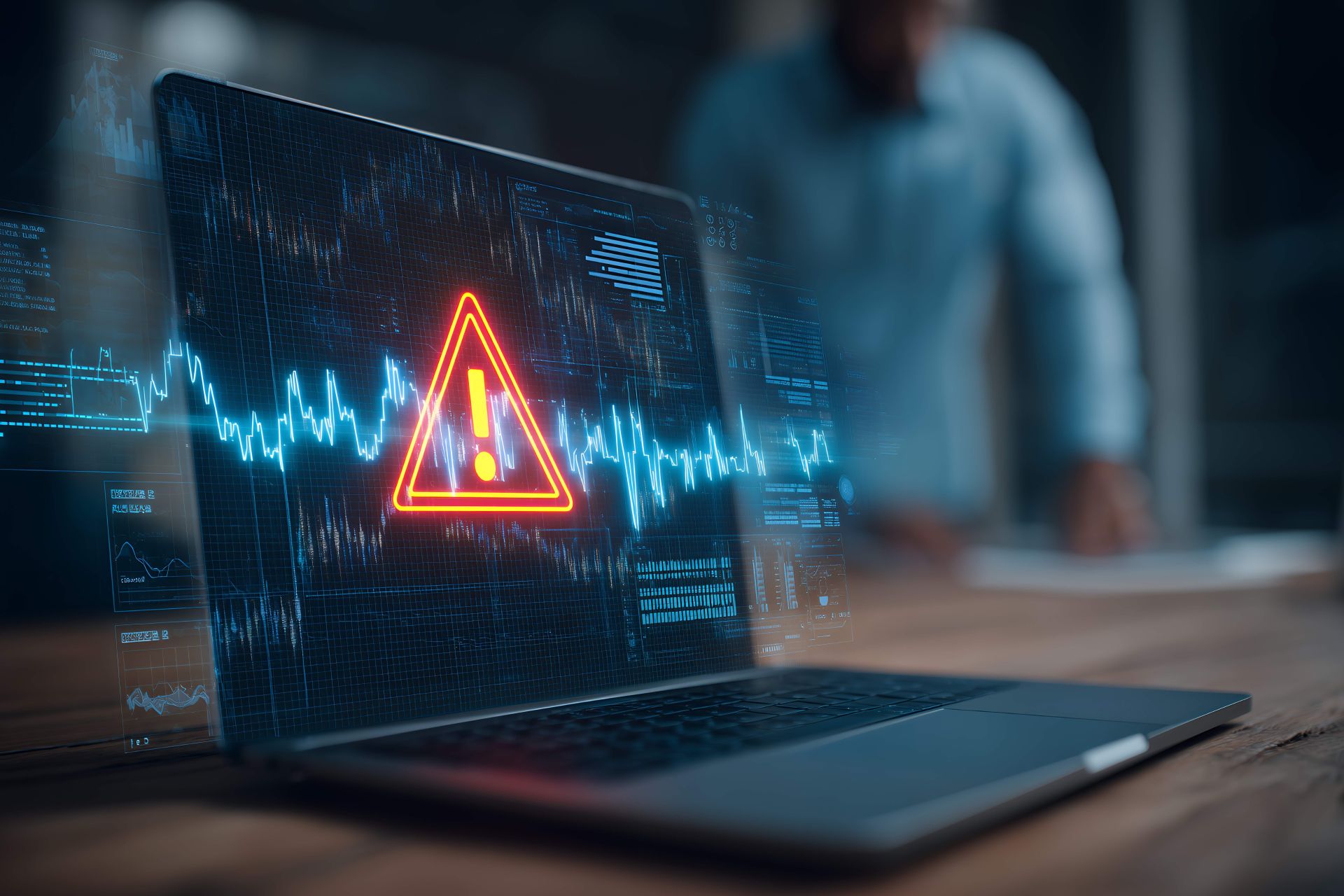A SOC, or Security Operations Center, is like your company’s digital fire department—always alert and ready to respond. As cyberattacks grow more sophisticated, organizations need more than just technical safeguards. They need a dedicated team that continuously monitors, analyzes, and responds to security incidents. That’s exactly what a SOC does.
Discover what a Security Operations Center is and why it plays a critical role in any security-conscious organization.
What is a Security Operations Center?
Wondering what a SOC is? The Security Operations Center definition refers to a designated organizational unit (either internal or external) responsible for continuously monitoring the security of information and IT systems. It operates 24/7, allowing for immediate response to any detected incidents.
In essence, the Security Operations Center (SOC) is a command center in the ongoing cyberwar—a place where the fight for your organization’s security never stops. All data related to system activity flows into this center, where security experts analyze it in real time to identify potential threats.
How does a SOC Work? Core functions and responsibilities
Working in a SOC is not just passively watching graphs on screens. It’s an active battle for cybersecurity, and the SOC team performs a range of advanced tasks:
- Security monitoring – nothing escapes the vigilant eyes of the SOC. Data from servers, devices, applications, and endpoints is analyzed non-stop.
- Threat analysis – SOC experts can detect even the subtlest signs that something is wrong. It’s like a digital sixth sense.
- Incident management – when something goes wrong, the SOC acts fast. It isolates the threat, restores systems, and gives you technological peace of mind.
- Reporting and recommendations – A real SOC also documents incidents, analyzes root causes, and prepares recommendations for IT departments and executive leadership.
Why is a SOC essential for businesses?
Cyberattacks can paralyze a business within minutes, causing a fire you might be putting out for years. This is why traditional security tools like firewalls and antivirus software are no longer enough. A SOC enables proactive protection – detecting threats before they cause real damage.
Companies with a SOC:
- respond to incidents faster,
- reduce losses more effectively,
- meet regulatory requirements (e.g. GDPR, ISO 27001),
- build trust among customers and partners.
Compared to traditional solutions, a SOC gives you the advantage of continuous oversight, expert knowledge, and adaptability in a dynamic threat landscape. What more could your business want?
The role of the Microsoft ecosystem in a modern SOC
In the context of modern SOCs, it is worth highlighting the capabilities enabled by Microsoft solutions such as Microsoft Sentinel and Microsoft Defender XDR. Sentinel is a cloud-native SIEM platform with built-in SOAR orchestration, allowing organizations to collect logs and signals from the entire environment – from cloud services and networks to endpoints – bringing them together in one place and enabling real-time, AI-assisted analysis. Defender XDR complements this approach by providing extended threat detection and automated response across endpoints, users, applications, and identities. Through this level of integration – SIEM + SOAR + XDR within a single ecosystem – a SOC gains a coherent, efficient, and scalable security foundation that translates into faster threat detection, more effective response, and improved visibility across the entire organization.
SOC as a Service (SOCaaS)
Not every company needs its own control tower – sometimes it’s better to hire professionals who already have the expertise, tools, and procedures in place. This is where SOC-as-a-Service comes into play. Costs, lack of specialists, and the challenge of 24/7 availability drive more and more organizations to outsource security operations.
SOCaaS provides access to expert knowledge and tools without the need to build an internal team. Benefits include:
- flexible protection options,
- access to the latest technologies and analytics,
- faster deployment and scalability,
- predictable costs.
SOC-as-a-Service means security on a subscription basis – with full access to SOC capabilities, but without the overhead of building your own center. This is especially appealing for mid-sized companies that want high-level protection without a large IT budget.
“Building your own 24/7 SOC team is a serious investment – in highly skilled specialists and modern technologies. Maintaining it is an even bigger challenge: ongoing training, skill development, and keeping up with rapidly evolving threats. That’s why many companies wisely choose to entrust their security to those who have the right expertise and can deliver SOC services in a flexible, client-tailored model – just like we do at Euvic. In this model, we take full responsibility for our clients’ security – providing continuous monitoring, responding to incidents, developing our tools and competencies, and continuously improving our processes. This approach helps our clients systematically increase their cybersecurity maturity, minimize risk, and better detect and eliminate potential threats”.
Summary: what is a Security Operations Center?
Understanding what a Security Operations Center is marks the first step toward effective security management. Whether you build your own team or opt for external services – with a SOC in place, you can rest easy knowing your business is protected in the best possible way.










